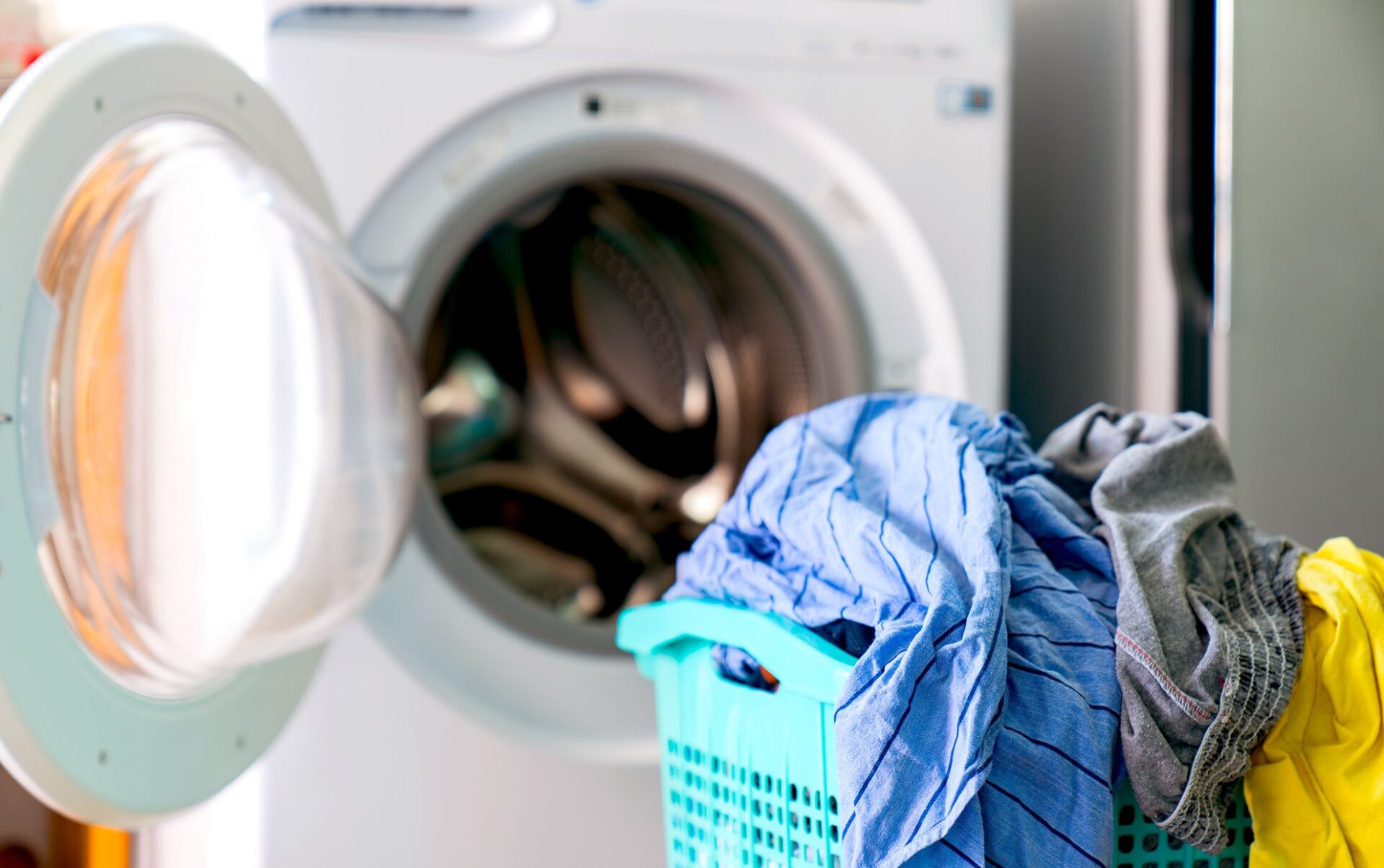Introduction
Laundry is a regular part of household chores, but did you know that it plays a crucial role in allergen control? The way you wash and care for your clothes can significantly impact indoor air quality and the overall health of your household, especially for those with allergies or sensitivities. In this guide, we’ll explore the vital connection between proper laundry practices and allergen control.
Understanding Indoor Allergens
Common Allergens in Clothing
Clothes can harbor a variety of allergens, including dust mites, pollen, pet dander, and mold spores. These allergens can become embedded in fabrics and exacerbate allergy symptoms.
The Importance of Allergen Control
Reducing exposure to allergens is crucial for individuals with allergies or respiratory conditions. Proper laundry practices are an integral part of maintaining a clean and allergen-free environment.
Choosing Detergents and Cleaners
Hypoallergenic Detergents
Opt for hypoallergenic detergents that are free from harsh chemicals, fragrances, and dyes. These formulations are designed to clean effectively without causing skin irritation or triggering allergies.
Anti-Allergen Additives
Consider using anti-allergen laundry additives or rinses. These products can neutralize allergens, providing an extra layer of protection for sensitive individuals. Breathe easy with our Kensington laundry services – expertly clean and allergen-free garments for a healthier home.
Washing Temperature and Cycles
Hot Water vs. Cold Water
Hot water can be more effective in killing dust mites and removing allergens, but it’s not suitable for all fabrics. Cold water is gentler and more appropriate for delicate or sensitive materials.
Extra Rinse Cycles
Adding an extra rinse cycle can help ensure that all traces of detergent and allergens are thoroughly removed from the fabric.
Drying Techniques
Avoiding High Heat
High heat from dryers can shrink or damage certain fabrics and may not effectively remove all allergens. Use lower heat settings or consider air drying when possible.
Regular Dryer Maintenance
Clean the lint filter and vent regularly to prevent the buildup of dust and allergens in the dryer. This helps maintain optimal air quality during the drying process.
Storage and Allergen Prevention
Clean and Sealed Storage
Store clean clothes in sealed containers or garment bags to prevent allergens from settling on them. Wash and thoroughly dry clothes before storing them for an extended period.
Regular Cleaning of Closet Spaces
Dust and vacuum closet spaces regularly to remove potential allergen sources. Consider using allergen-proof covers on pillows and mattresses.
Conclusion
Proper laundry practices are a fundamental aspect of allergen control in the home. By following these guidelines, you can create a clean and allergen-free environment that promotes better respiratory health and overall well-being for everyone in your household.
FAQs
- Can I add baking soda or vinegar to my laundry to help with allergen control?
- Both baking soda and vinegar can be effective natural cleaners. They may help neutralize odors and remove some allergens, but they may not be as potent as specialized allergen-neutralizing products.
- Should I use bleach to kill allergens in my laundry?
- While bleach can be effective in killing some allergens, it’s important to use it sparingly and only on white, color-fast fabrics. For colored or delicate items, consider alternative methods like hot water washing.
- Can I use essential oils in my laundry for allergen control?
- Essential oils like tea tree, eucalyptus, or lavender have natural antibacterial properties and may help with allergen control. However, be mindful of allergies to specific essential oils, and use them sparingly to avoid overpowering scents.
- How often should I wash bedding to control allergens?
- Washing bedding every one to two weeks is recommended to control allergens. This frequency helps remove dust mites, pollen, and other potential allergen sources.
- Are there specific laundry techniques for allergy sufferers?
- For individuals with allergies, it’s especially important to use hypoallergenic detergents, hot water washing when appropriate, and thorough rinsing to ensure all allergens are removed from clothing and bedding.








